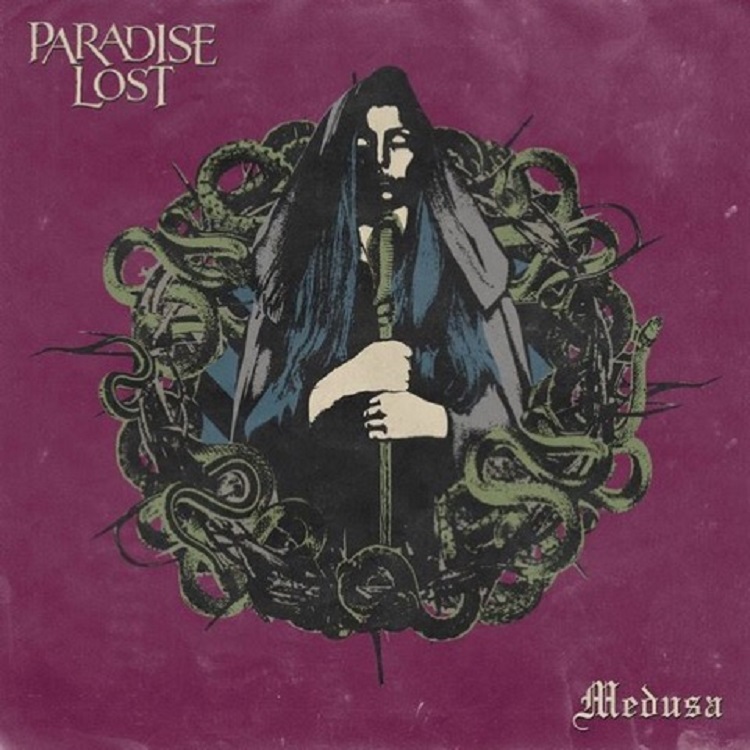

After this comes the moment we as readers know Beelzebub is ready to follow as he calls Satan “Prince” and “Chief”.

By the time we reach the 125th line the Muse is narrating once more and we see Beelzebub “rack’d with despair” (126) for a moment. Satan convinces Beelzebub that God is truly a tyrant and that their cause is not lost. After it is established there has been a change, but they are still who they know themselves to be, or at least have the same desires as they had before, ``to wage by force or guile eternal war,/ Irreconsileable to grand foe.” (122-3). He then turns to Beelzebub and speaks to him acknowledging that falling has changed him drastically as well. Satan begins by acknowledging his own differences and has a bit of an identidy crisis, however short lived.“If thou beest he but O how fallen! How changed/”(83) he says after a long silence after he has awakened in Hell.

The lines 84-124 Satan is speaking to Beelzebub. In the lines 80-83 Milton’s Muse is speaking, leading us into the transition into Satan becoming the speaker. Lines 84-126 in Milton’s Paradise lost depict the character of Lucifer/Satan after he and his host of rebel angels were cast out of heaven and into hell after an unsuccessful revolt. While Milton adds much to the Biblical narrative throughout his poem, in assigning blame to Eve he is following the Bible closely (cf. The most important quality of this passage is the subtle insistence that it was Eve who was first deceived, thus setting her up as the first cause of "death. After his direct answer to the speaker's question, "the muse" prepares the poem's transition to a discussion between the leaders of the rebel angels from their new abode outside of heaven on and around a lake of fire. 35 - 6, that the serpent deceived Eve to achieve his revenge. In answer to the question "who first seduced" humankind, the muse replies that it was "the infernal serpent," who was himself driven by envy and a desire for revenge against God for having him (the serpent) cast out of heaven. The muse seems to respond to the speaker's invocation in lines 34 to 83. What might this imply about the doctrine of original sin, and about the natural state of the human creature? In asking his final question of the muse-"Who first seduced them"-the speaker introduces a cause and effect relationship that might suggest Adam and Eve, and again all humans by implication, are not fully and not initially responsible for their sin(s). In phrasing the speaker's request, the poet calls attention to the belief that Adam and Eve (and, by implication, subsequently all of humanity) would have ruled the world, subject to only one injunction: the original commandment not to eat the fruit of the tree of the knowledge of good and evil. The speaker characterizes the muse as virtually all-knowing, thanks to heavenly permission. In lines 27 - 33 the speaker calls on his muse to first explain the cause of Adam and Eve's ("our Grand Parents") original sin. This audience would probably be the Elect, those justified through God’s Grace as accorded with Milton’s highly personal form of Christianity, derived from but not identical to Calvinism, either before or during Milton’s life time. Arguments over gender inclusion or exclusion can be made, but Milton’s apparent sexism aside, his text is aimed not at all people but only at that “fit audience though few” referred to at line 31 of Book VII. In the first 26 lines of the poem the narrator, in keeping with the tradition of epic poetry, invokes the aid of his “Heav’nly Muse.” More importantly, though, in line 26 the reader is furnished with the poet / narrator’s over-arching purpose: to “justifie the ways of God to men.” It is important to note that the promise is to justify God’s ways not to the inclusive singular "man," but to a subset of humanity identified as men.


 0 kommentar(er)
0 kommentar(er)
